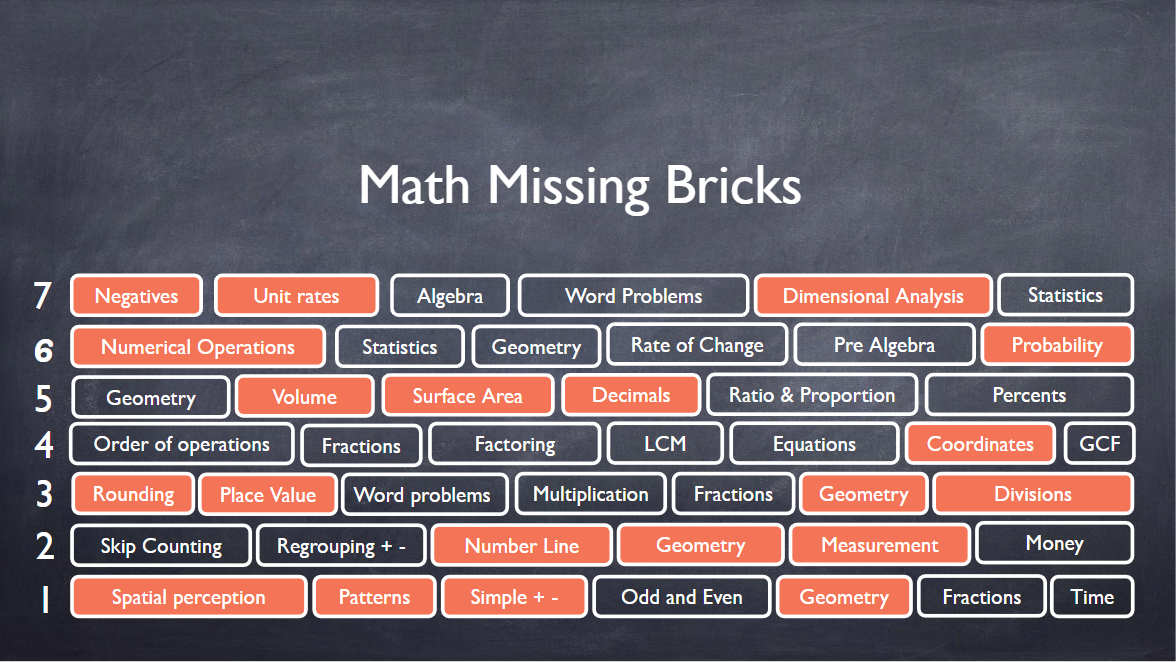 Children come from all different backgrounds, with different mindsets and experiences that influence the way they percieve and interact with the world. Depending on the experiences a child has up to their current point in life, their mindset can vary drastically and dramatically affect the way they learn new skills and hone their abilities.
Children come from all different backgrounds, with different mindsets and experiences that influence the way they percieve and interact with the world. Depending on the experiences a child has up to their current point in life, their mindset can vary drastically and dramatically affect the way they learn new skills and hone their abilities.
For example, some children, when met with a challenge, accept it wholeheartedly. They learn from their mistakes and push forward from failure to overcome obstacles and enhance themselves. However, some children can become overwhelmed by the possibility of failure and instead shut down, too afraid to try and often berating themselves for mistakes.Just how much of an impact can mindset have on children?
What is the Growth Mindset?
A growth mindset is a mental framework of positivity. It is the ability to accept feedback and learn from failure, taking one's experiences and applying them to future endeavors without becoming discouraged by setbacks. Alternatively, a fixed mindset is a mental framework of negativity. It is a mindset of being unable to accept criticism, being afraid of failure, and giving up easily in the face of challenges.
A child with a fixed mindset may struggle in school because they're afraid to apply themselves. If they don't understand a lesson immediately, they may give up hope of ever learning it and even refuse to apply themselves to those subjects for fear of failure. This mindset can become a self-fulfilling prophecy that only worsens over time.
Does Your Child Have a Growth Mindset?
It isn't hard to see why a fixed mindset can be damaging to children, whether in school or in their day-to-day life. So, how can you determine whether your child has a growth mindset or a fixed mindset?
Children with a fixed mindset tend to do the following:
- Avoid new challenges
- Give up easily
- Be extremely self-critical
- Avoid criticism
- Fixate on their limitations
However, children with a growth mindset are likely to do the following:
- Embrace new challenges
- Stick with projects
- Practice self-compassion
- Learn from mistakes and criticism
- Believe in personal improvement
If you've discovered that your child is struggling with a fixed mindset, there are steps you can take to remedy the problem and encourage growth in their behaviors.
How to Nurture the Growth Mindset in Your Child
Helping children develop a new mindset can be a challenge, but it's one that will pay dividends in terms of your child's future success. Parents and teachers can start by explaining growth and the growth mindset to children, and teaching them positive affirmations that encourage growth.
Modeling behaviors can also help children, so explaining the way you overcome the sensation of feeling stuck can help children follow the same process when they struggle too. Put visuals like posters and stickers throughout the house or classroom to remind children to stay openminded about their abilities, and encourage growth-mindset behavior when you see it in your children. By modeling and encouraging growth-mindset behavior, decorating with growth-oriented visuals, and talking to them about how they interact wiht the world, parents and teachers can help children develop a positive framework for interacting with class and school.
Growing up is hard, and fear can be debilitating at any age. Teach your children how to handle new challenges with an open and wililng mind so they can face the future knowing they'll be able to overcome every obstacle they face.





